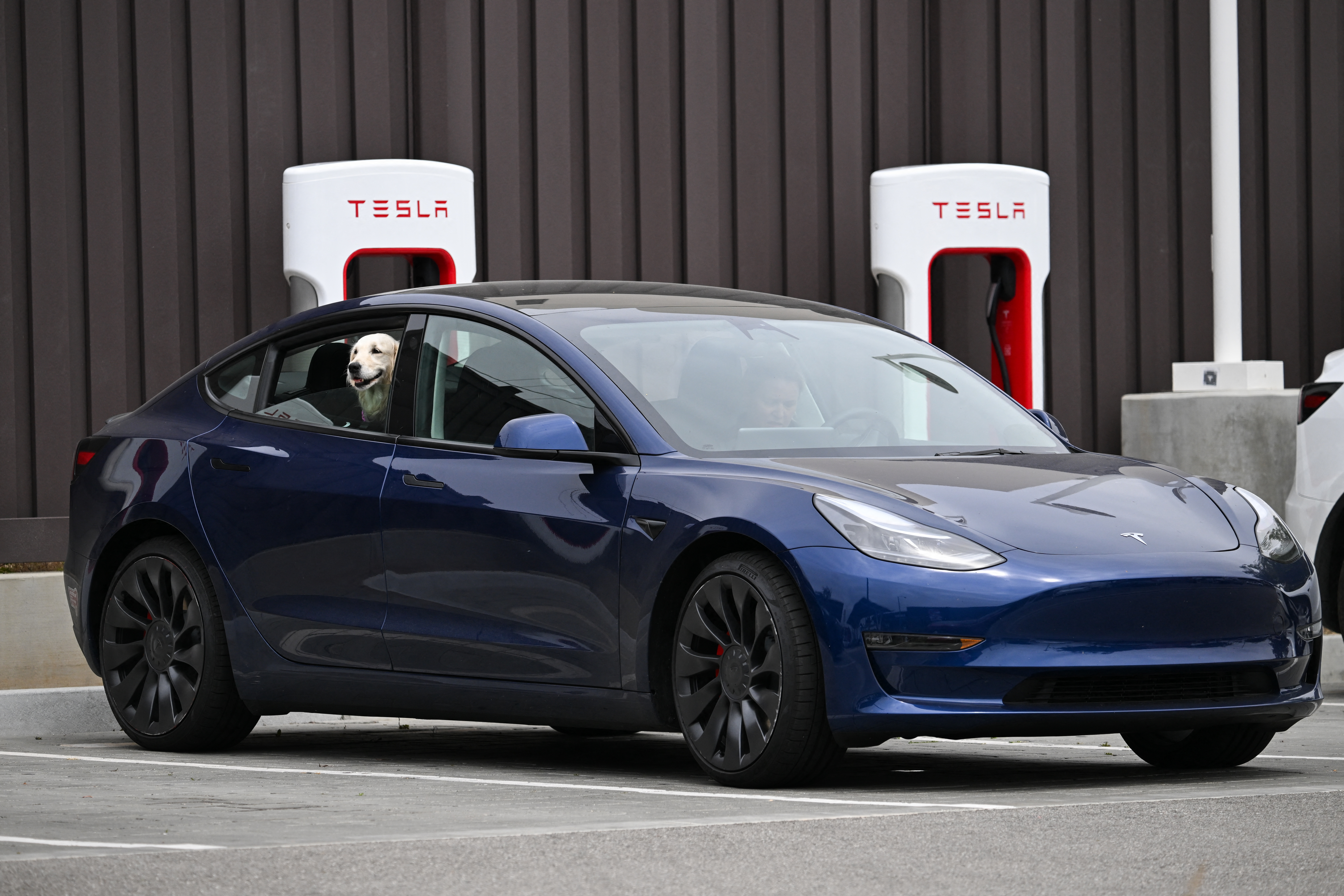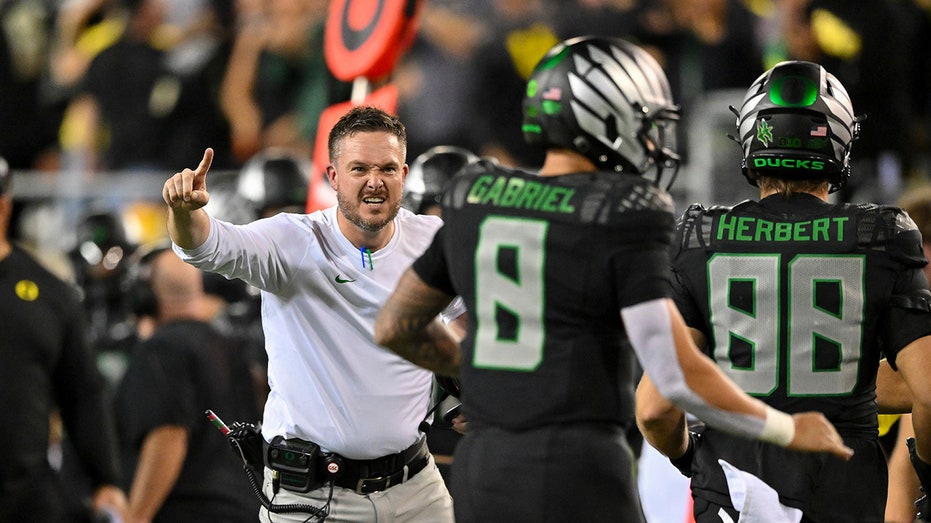“It’s maturity test for Europe to send troops to Ukraine,” expert
"All these Russian sabotages, undersea cables being cut off, and arson attacks. How much more needs to be done for Europe to actually respond?"
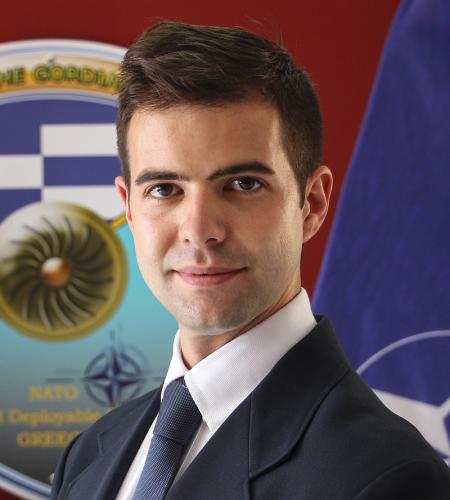

“Be honest, just how many times you and I heard conversations about strategic autonomy and Europe getting their act together over the years?”
This is the question Canadian global affairs and defense analyst Roger Hilton, currently affiliated with the GLOBSEC think-tank, rhetorically asked during his interview with the Euromaidan Press. He believes that Donald Trump’s return is a blessing and a curse for Europe and Canada, which simply can’t be convinced to ramp up its defense spending otherwise.
But is the potential deployment of European troops to Ukraine lead to direct NATO involvement? Find out the answer in our interview.
EP: Trump is back. Is Europe prepared for that?
RH: No, easy ways to start it, right? Well, let’s say that a lot of issues predate him. Not just defense spending but also COVID, supply chains, and other things.
Trump accentuated them, showing the lack of political will and strategic culture. Because how many times have we heard conversations about strategic autonomy and Europe getting their act together?
So, the new administration is a blessing and a curse. Because the world is on fire right now. Hopefully, the EU will have some credible self-reflection and work on internal and external issues that they can no longer ignore.
The curse is that it could be a very rocky period for transatlantic partnership, and the trade part is still to be determined. Meanwhile, ECB President Christine Lagarde took an unusual position and said that Europe shouldn’t retaliate on trade, and almost cave into the coercion of buying more American products.
I think we’re lucky that Poland will soon take over the EU Presidency, as Viktor Orban’s presidency left a lot to be desired.
In terms of external threats, I don’t know if Europe is doing enough to build a long-term strategic culture. It’s a very daunting exercise that starts when people are very young in classrooms. In the Baltics and Poland, they have civil-military training, weekend warriors, and people who really go out of their way to make sure that citizens are part of the solution.
I don’t feel that the EU is cultivating enough this approach of what “you can do for the government?”
It’s early to see how it goes but there’s a new Commissioner for Defense and Space, Andrius Kubilius. It’s a good first step, though problematic due to fragmented defense markets and weak competition. Will companies be willing to give up market shares for the greater good of Europe and security?
Besides, Kubilius already said on record that there’s an insufficient budget for the agency. You can’t have a credible policy unless there are resources.
But again, it’s the political will that’s the major issue. It’s very hard to cultivate this unified approach. Even though I think that the West is very much at war already with Russia, right? All these sabotages, undersea cables being cut off, and arson attacks.
How much more needs to be done for Europe to actually respond?
Most people would agree that Europe’s weakness invites further aggression by Russia. It’s a very antiquated way of thinking about it otherwise. I’m still shocked that there’s impunity for Russia to be able to do all these things.
They need to get their house in order internally before they can start dealing with external threats like climate change and supply chains. And it feels like Europe is reacting to them, not pre-empting them.
EP: Yet, the latest NATO data shows that EU powerhouses are still not even hitting the 2% target. Like Italy and Spain. Canada, by the way, is not hitting the 2% target either. How do you convince these countries that they need to step up?
RH: The majority of the cases where the sabotage that happened, it’s all within sort of the nearer broad or sort of this normal competitiveness between former Soviet States and Russia, right? The Baltics, Poland, Sweden, etc
But then remember how Russia assassinated in Spain defector Maxim Kuzminov who flew a helicopter into Ukrainian territory?
Meanwhile, Portugal and Italy are so far away from the frontline. But the security officials in those countries must b make it clear that you come to our country, you spend money, you have your yachts, but you don’t mess around on the security front.
So I’m hoping that like as you had this example in Spain, if something more like this happens in some of these other countries they’ll change their threat perception on what Russia is.
And, yes, Canada is guilty as charged. I don’t envy the Canadian Defense Ministry when the Trump administration takes over.
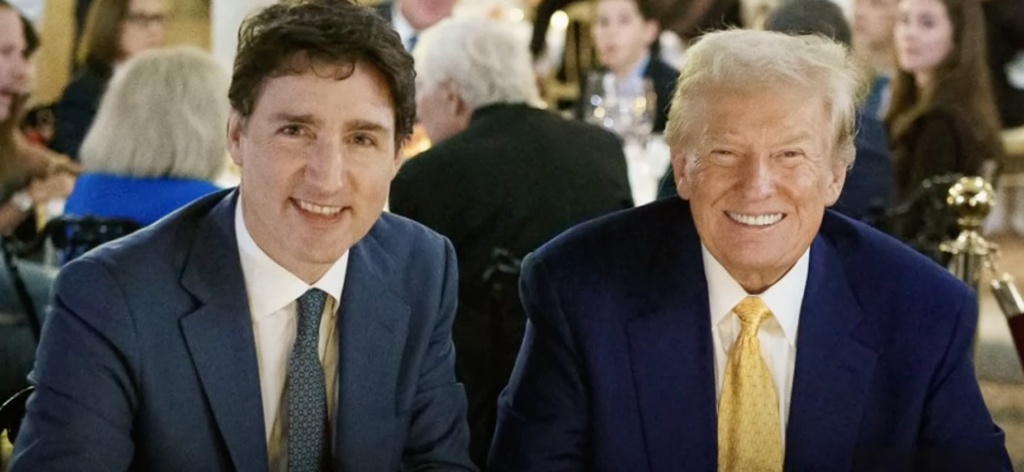
A country’s spending is greatly impacted by its geographical location. Because the number one threat for Italian PM Giorgia Meloni at the moment is immigration, right? So, they ask themselves what we should spend it on: on deals with the Maghreb and Albania or something else?
If you talk to somebody in Naples or Calabria, I don’t think the average person would feel so apprehensive about the Russian threat as opposed to the Lampedusa boats. Same thing in Spain.
Meanwhile, Canada is in a very privileged trade relationship being next to the US. But even when it comes to the North American Aerospace Defense Command (NORAD) or Arctic security, Canada is really lagging its boots. It’s embarrassing for me as a Canadian, but I think you need somebody like Trump to come up there and really be difficult and be threatening to say you need to get your act in order or else.
So, it’s very much about priorities and leaders defining them as a result of elections.
That said, Germany’s Zeitenwende has not really fully materialized, but is still moving in the right direction. I think we have to take the positives where we can get it given the very tough economic situation and displeasure with the establishment. Just take the Romanian presidential election as an example.
NATO’s 2% is the floor, not the ceiling
EP: But Russia is just one of the adversaries. China also poses a threat to NATO even though the Russian military budget is huge, which begs the question of whether the 2% is even viable in today’s environment. But do the Allies understand that all the threats are interconnected and it’s not just about boats crossing the Mediterranean Sea? And that it could be much worse?
RH: No easy ones from you today.
The NATO Parliamentary Assembly ended in my hometown of Montréal, and the majority of people would say that the 2% is not the ceiling anymore, it’s the floor. But I’d be satisfied if everybody hit that 2% to begin with given the current economic situation, right?
Regarding the interconnectedness of security, including digital supply, hard supply chains, and everything down the line… I think it’s a question of how are you spending the 2%?
If you look at the NATO guidelines, 20% of that 2% needs to be spent on R&D, and the rest is of it is making capabilities. But reinforcing cyber defense, anything in the digital realm, protecting cloud network is also important.
China is much more of a challenging partner. Because Russia only uses the “stick.” Whereas China is very good with the “carrot” as well. They can make these excellent FDI packages while also committing massive cyber attacks. They had just hacked into a very sensitive database or mainframe of the Department of Homeland Security. The IP theft. So China is not really creating anything originally.
And it uses institutions like the Confucius Institute, where you have these mouthpieces calling out for China to lower the sanctions. Or suggesting that the EU and China work together against Trump?
NATO does really try to embrace this 360 degree approach to defense but even at 360 degrees, there are so many things happening like immigration, climate change etc. And there’s only so much money that can go around. You need to search resources for the most pressing threat, which gives China the advantage because they can play the super long game.
The only thing we have going for us right now is that China is in an unbelievably weak economic situation, the last round of stimulus really has not quelled investors. If you have domestic strife and Xi Jinping, whose number one issue is regime survival, the natural extension when the economy is going bad is to look abroad. His goal of taking Taiwan by the latest 2027 is just an example.
EP: But why is China so economically weak right now?
I’m not a China expert or an economist by training but they’ve seemed to have invested so heavily in stimulating their economy on the construction boom and then their housing bubble just popped.
Large parts of these development projects in China are now ghost towns, and the municipalities have massive debts at the moment.
The question is how will they stimulate the growth?
They tried to become more self-sufficient because by cutting them off with the Biden Chip Act it helped to starve them of advanced technology and slow them down. But at the same time, it’s accelerated their self-sustainable ability to create it themselves.
In some areas, they are just dominant and there’s no going back, for instance, like on solar panels and their unfair EV practices on the cars, right? Which is why the EU and the US are considering changes to it.
Still, the massive Belt and Roads investments have not panned out, and now China has converted equity into assets. Like taking control of ports or physical infrastructure in other countries because they can’t be repaid back.
EP: You mentioned earlier that Donald Tusk is about to take over the rotating EU presidency. Just recently he launched the so-called coalition of the willing, which Canada might become part of. What do you really make of that coalition? A little bit of vanity at play here or something bigger than that?
Obviously, it’s in Poland’s national strategic interest and security interests to back them to the hill. Even though there are some issues with the Polish farmers and their legitimate concern and the Volyn massacre. So, I think they need to work through that a little bit.
But in terms of the coalition of the willing and Canada being part of it. It’s a huge political issue. Outside of Russia the most Ukrainian expats are in Canada.
Vanity project or not, it is just the right decision to do and you’ve seen it by GDP, the way the Baltics, or Denmark or even the Netherlands have invested. It is just so much cheaper for everybody to spend right now than it is if this really escalates. I feel that the message they’re not getting is that it’s not about spending billions of dollars or hundreds of billions. This is going to be in the trillions if it really spirals out of control.
Besides, speaking as a Canadian, there’s a deep inventory of decommissioned vehicles and military equipment that Ukraine would be more than happy to take on. And for the life of me, I’m unclear why this still hasn’t been delivered.
I can’t speak for Tusk but I’m glad that people like Kaja Kallas, the EU’s top diplomat, are still trying to keep this on the forefront given the real threat of Ukraine fatigue at the moment.
And who knows if we’d cross the 1000 days of war mark if we had given Ukraine everything they need during the first successful counteroffensive?
WWIII talk is overblown
EP: Finally, there is talk about the UK and France potentially deploying troops to Ukraine. Do you think this is feasible? What would that arrangement look like, given that Europe is generally quite hesitant to put the boots on the ground?
RH: It was such a huge mistake at the beginning of the war for Biden and others to say that we were going to take this off the table as a policy option and Putin already knowing that there weren’t any troops coming instead of making him plan for it and potentially changed their steps.
The UK has already ruled out sending troops in at the moment as far I know. France at least left the option open.
The general question is what will all this look like? What the command and control structure should be? What is the scope of involvement going to be?
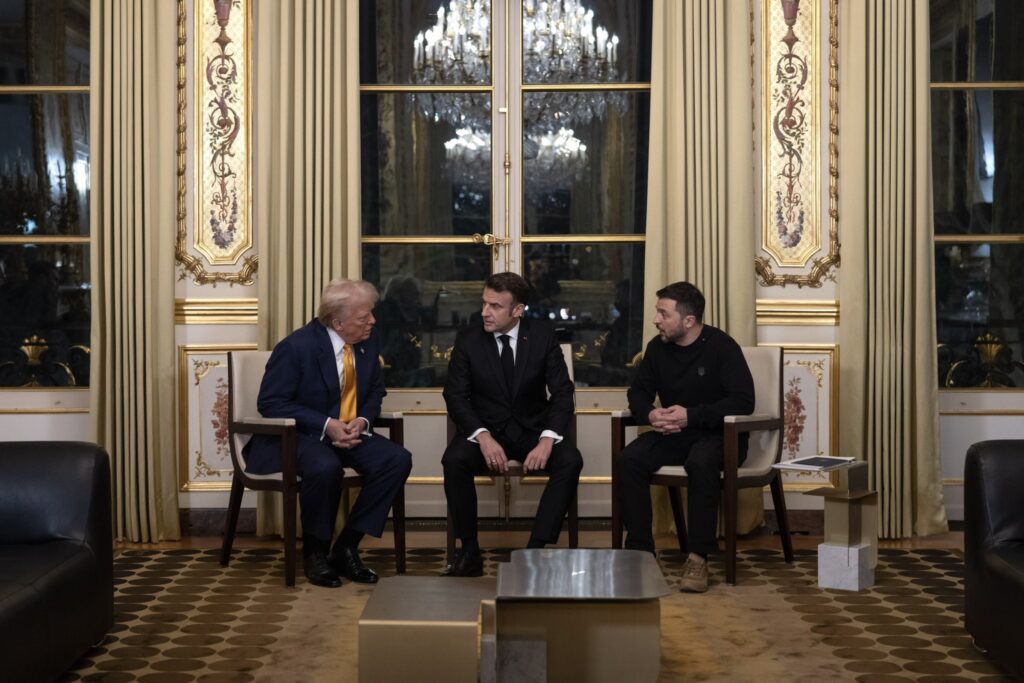
Sure, it will be a morale boost, right, to have French soldiers or others by your side as Ukraine is currently short of manpower and wants more rotation. But how are they going to be administered?
It appears, for example, that for every five North Korean soldiers, there’s one Russian translator. So, for example, will the fighting be in English, and who’s going to control them? Will French soldiers be subservient to Ukrainian field commanders? Naturally, all 32 NATO member states will not be sending their troops.
The elephant in the room is how would all this work for NATO? But it’s easy to de-link this from NATO and make it a national decision. So, if French or British soldiers are killed, we’re not going to call Article five. So, the idea that this would immediately spin out of control just because they’re fighting there, I think is overblown. There are already tons of foreign fighters fighting there even though they’re fighting on a voluntary basis. So all this talk from Hungary, for example, that this would immediately start World War Three that can be nipped in the butt.
Ultimately, if you had UK and French soldiers going, that would be a massive catalyst to have other smaller countries go, like Denmark, Sweden, Finland. You would hope to a certain degree that it would be enough of a motivation for countries to send troops from Canada, maybe Spain and Italy.
This would be a massive step of maturity for Europe that would put actions behind our words.
So the idea is worth exploring but it might just come a little bit too late now given how things are going.
EP: But isn’t that part of Trump’s potential peace plan? He voiced the idea that European troops should be around. And said that Europe is the one paying for it. So, are they actually voting this offer because of Trump? Or something else?
RH: Before we get to that let me just say that Jake Sullivan’s strategy of gradual escalation missed the opportunity to get it all in. Now, he’s a lame duck. He doesn’t see any ramifications about allowing for the artillery. They’ve just delivered antipersonnel mines, right? So all of this came too late, and it’s yet to be determined if it’s going to make a huge difference.
Meanwhile, Trump recently called Putin and told him to not escalate it anymore. Because Putin wants to end this as well. This meat grinder task that they have going, they can’t sustain it. Structurally, the Russian economy is screwed for the foreseeable future. They’re burning up the reserves that they have.
But Trump I think is going to find this very difficult because if Russia is on the march, what incentive do they have to de-escalate?
Even if Trump had not won re-election, the way the front line is gradually caving in just by sheer manpower. I still think that if Kamala Harris had been President-elect, of course, they would have continued to support the aid. But unless there would have been a transformational change in the amount of aid, the delivery and the type of it, we are probably moving towards this as well, right?
The idea that they’d put the peacekeepers there. Well, we had the Budapest Memorandum, mentioning troops though it wasn’t etched in stone. But who’ll actually volunteer to do it? I don’t know. So, it’s a lot more complicated than putting it down on paper and saying we’re going to have this contingency in a demilitarised zone. Maybe this will just be more like an armistice that you have between North Korea and South Korea.
EP: You talked about preemption, right? I find it very bizarre, to say the least, that Western leaders continuously announce what they’re about to do. I find it ludicrous that in times of war you’d reveal your intentions. You rightly said that back in late 2021-early 2022 Biden and everyone else revealed what they’ll do. As a matter of fact, all of the institutions that I know of, they fled and were like: take Ukraine, it’s fine. Wouldn’t it make sense to send very conflicted messages for your adversary to not understand what you’re going to do?
EP: Thankfully more or less we live in democracies, right? So the leaders are accountable to the citizens and there are checks and balances. If you’re spending this type of insane military aid against the backdrop of very tough economic domestic situations, there needs to be some sort of justification or explanation about where it’s going. Even though there are ways around it.
Two, I think there’s the political angle. Especially for the American executive branch, the foreign policy is one of the areas where the president has a lot of leeway, very few checks and balances versus domestic issues. So it’s a political angle about being a statesman. When Biden or Trudeau went to Kyiv, alongside others, it added to their domestic profile.
Naturally, if you wanted to communicate things covertly, there are ways of doing it. You had this very high-level meeting in Ankara with CIA Director Bill Burns telling Russia that they would reportedly wipe off the Black Sea fleet off the map if they used tactical nukes.
Also, Italy, which has been a huge provider of equipment, never makes public what they’re giving.
Russia is still excellent at intelligence, surveillance, and reconnaissance so they would eventually find out. But all these announcement like we’re not going to send tanks, F-16s, we’re going to give you long-range artillery but also cap how far it can go, makes it predictable for the other party.
On the innovative side, Ukraine has done an unbelievable job on organic technology creation, hitting the Caspian, Saint-Petersburg, Central Russia etc. So it’s really a tragedy that with that innovation that Ukraine had and the know-how that the West failed to give everything it had on time.

